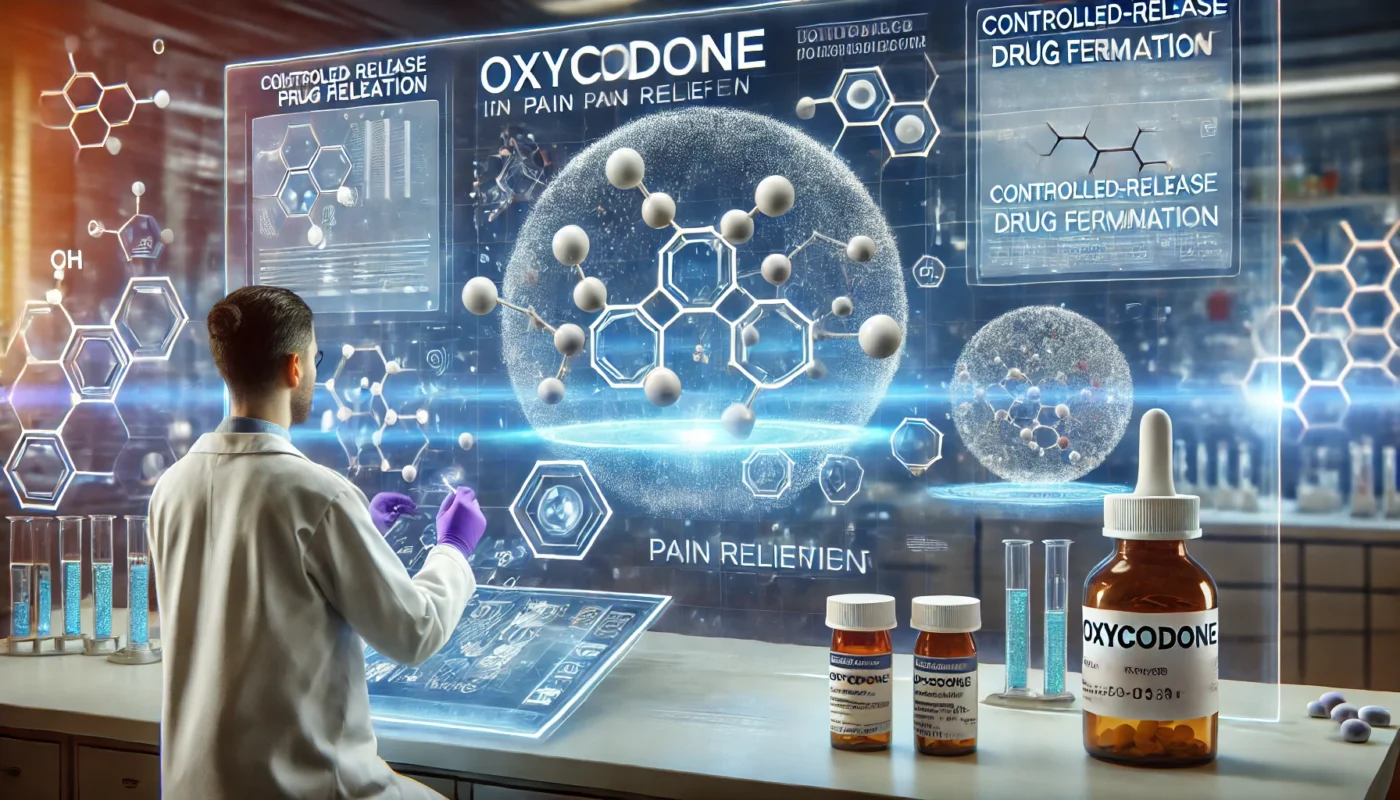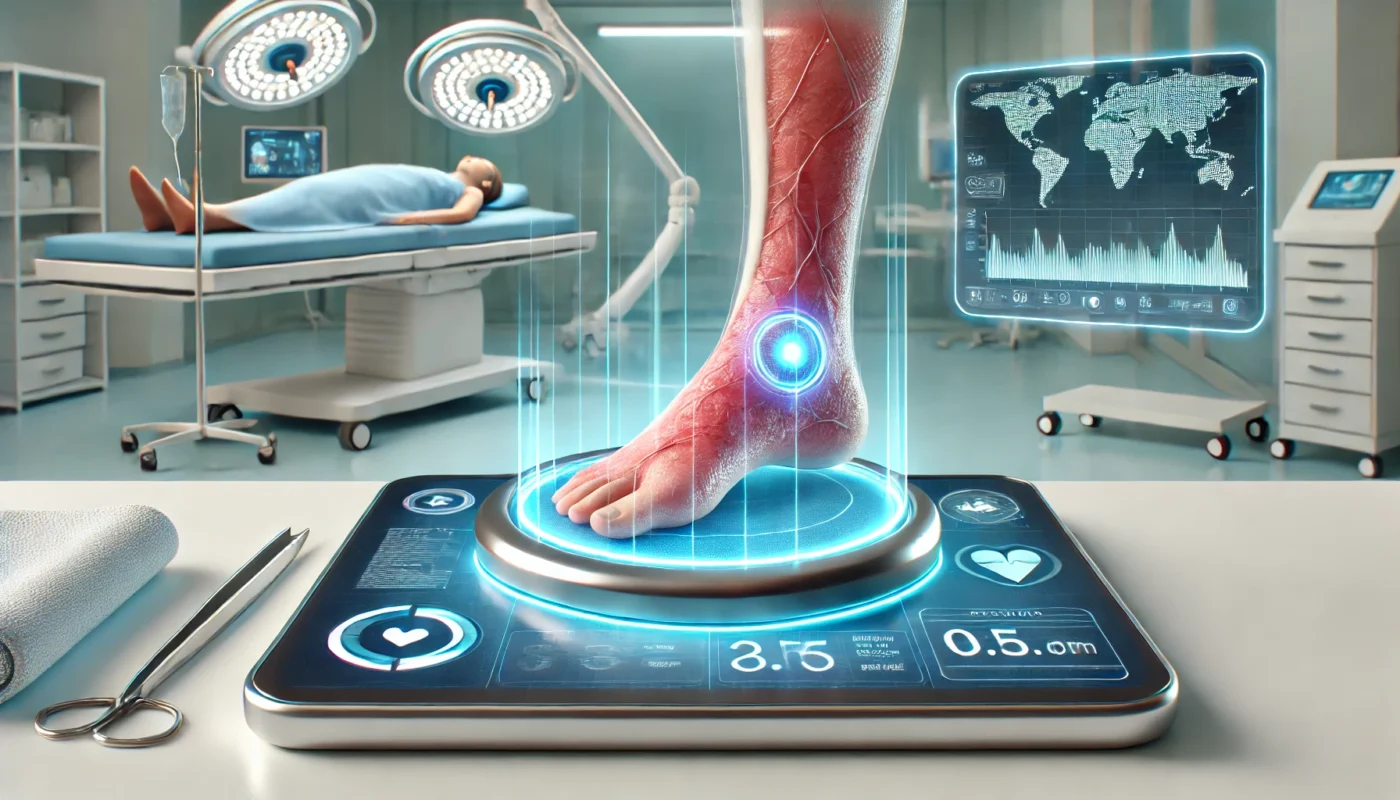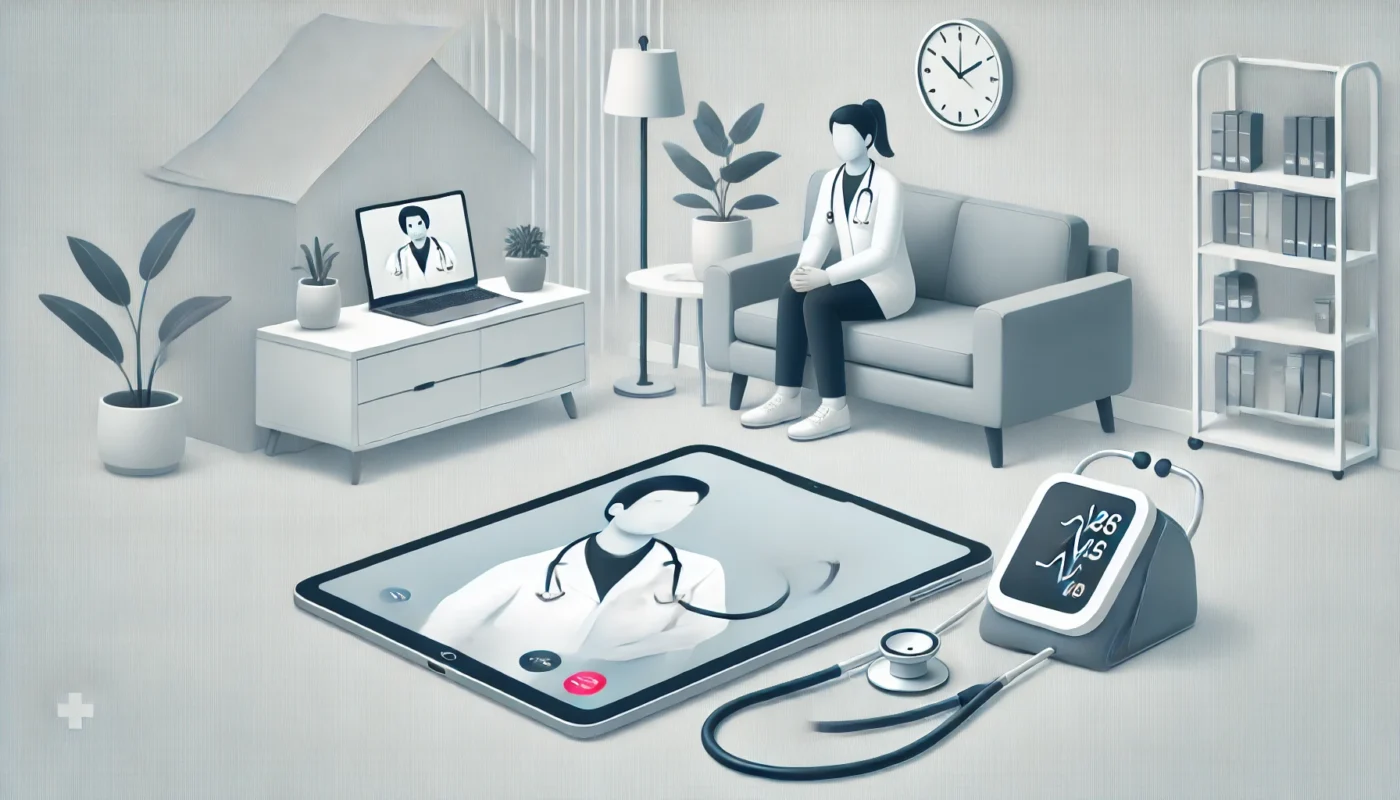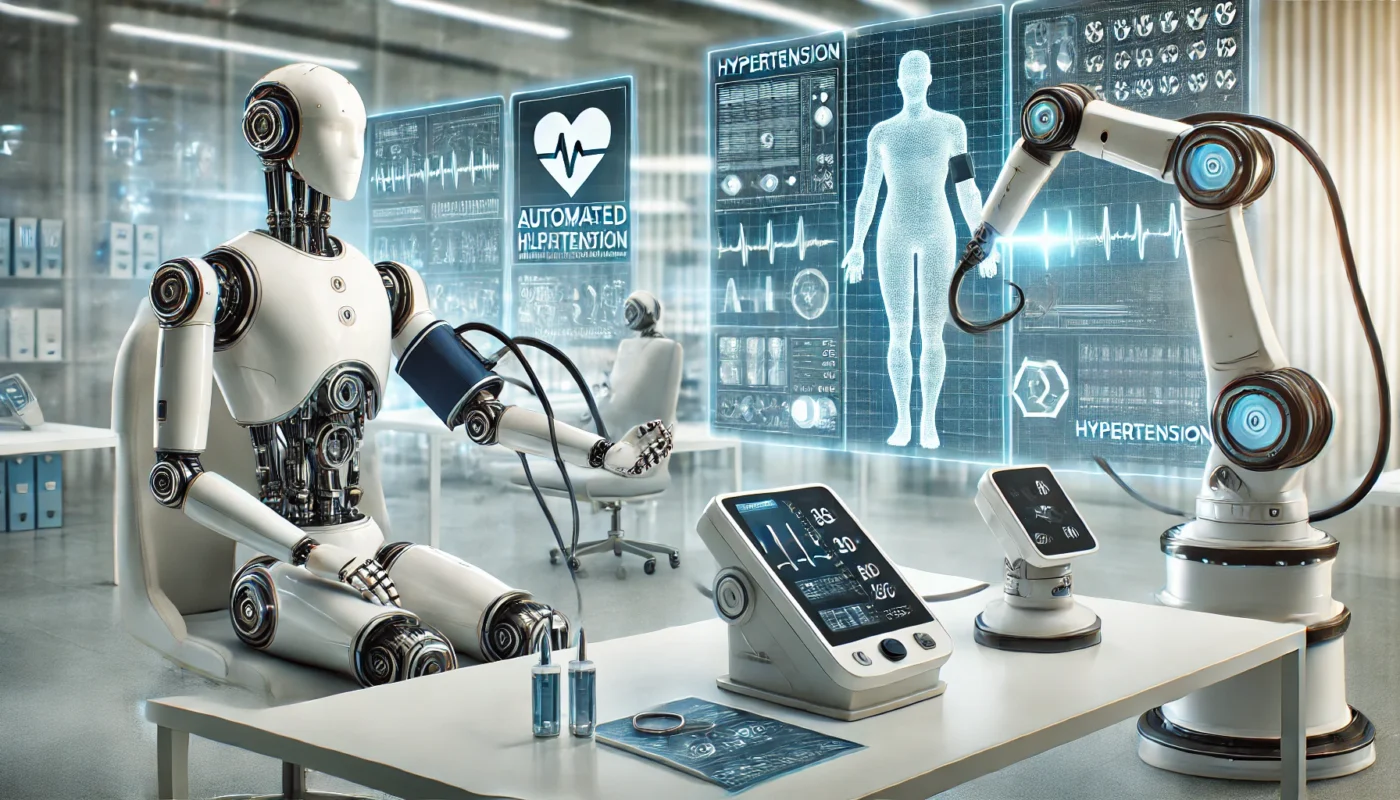Oxycodone is a semi-synthetic opioid derived from thebaine, an alkaloid found in the opium poppy. It is commonly used to treat pain that is not responsive to less potent analgesics. As a central nervous system depressant, it alters the way the brain and nervous system respond to pain, providing relief for individuals experiencing significant discomfort.
Tag Archives: Telemedicine
Chronic wounds are those that fail to heal in a predictable manner, often lingering for weeks or even months. Common examples include diabetic ulcers, pressure ulcers, and venous ulcers. These wounds can be debilitating, leading to significant discomfort and increased risk of infection. The complexity of chronic wounds necessitates a multifaceted approach to treatment, combining traditional and alternative therapies.
In the quest for optimal health, many individuals are exploring beyond conventional medicine. They’re seeking out alternative medicine practitioners. But what does this mean?
Alternative medicine encompasses a wide range of therapies. These are not typically part of standard medical care. They include practices like acupuncture, herbal medicine, and homeopathy.
Holistic medicine is a subset of alternative medicine. It emphasizes the whole person, not just the disease. It considers physical, emotional, mental, and spiritual aspects of health.
A comprehensive holistic health approach integrates various healing modalities to promote overall well-being. Understanding the benefits of holistic health care can help individuals adopt a more balanced lifestyle.
Locating integrative medicine practitioners can ensure you find the right fit for your health needs. Various methods exist to streamline your search and verify practitioners’ credibility.
Credentials and certifications are crucial. They indicate the practitioner’s training and expertise. But they’re not the only things to consider.
Reputation and reviews also matter. They provide insights into the practitioner’s practice. They can reveal the practitioner’s strengths and weaknesses.
Personal referrals can be invaluable. They come from people who have firsthand experience with the practitioner. They can provide a more personal perspective.
Pain is a complex and multifaceted experience, often serving as a warning signal from the body. It can be acute, arising suddenly due to injury or illness, or chronic, persisting over time and affecting daily life. Understanding the nature and source of your pain is crucial in determining the most effective management strategy.
Finding the right pain management specialist can be a daunting task, especially when you’re trying to navigate the myriad of options available to you. As someone well-versed in health and wellness, I understand the importance of holistic and alternative approaches to managing pain. This article aims to guide you through the process of selecting the best pain management specialists in your area, while also offering insights into the diverse strategies these professionals employ to alleviate discomfort and enhance overall well-being.
Hypertension, or high blood pressure, affects nearly half of adults globally and is one of the leading risk factors for cardiovascular disease, kidney failure, and stroke. Despite its prevalence, hypertension often goes undiagnosed or poorly managed due to barriers such as limited access to care, inconsistent monitoring, and lack of patient engagement. In recent years, telemedicine—particularly virtual clinics and remote monitoring—has emerged as a transformative solution in the management of hypertension. By integrating advanced technology with personalized healthcare, these innovations are changing the landscape of hypertension care and improving outcomes for patients worldwide. This article explores how virtual clinics and remote monitoring are revolutionizing hypertension management and what the future holds for this rapidly evolving field.
Hypertension, or high blood pressure, is a silent yet pervasive health issue affecting more than 1.28 billion people worldwide, according to the World Health Organization (WHO). As a major risk factor for heart disease, stroke, and kidney failure, its management requires accurate diagnosis, consistent monitoring, and effective treatment. However, current healthcare systems often struggle to provide the efficiency and personalization needed to address this global challenge. Enter robotics: a rapidly advancing field with the potential to revolutionize hypertension care. From improving diagnostic accuracy to enabling precise treatments, robotics is poised to transform how we approach blood pressure management.







